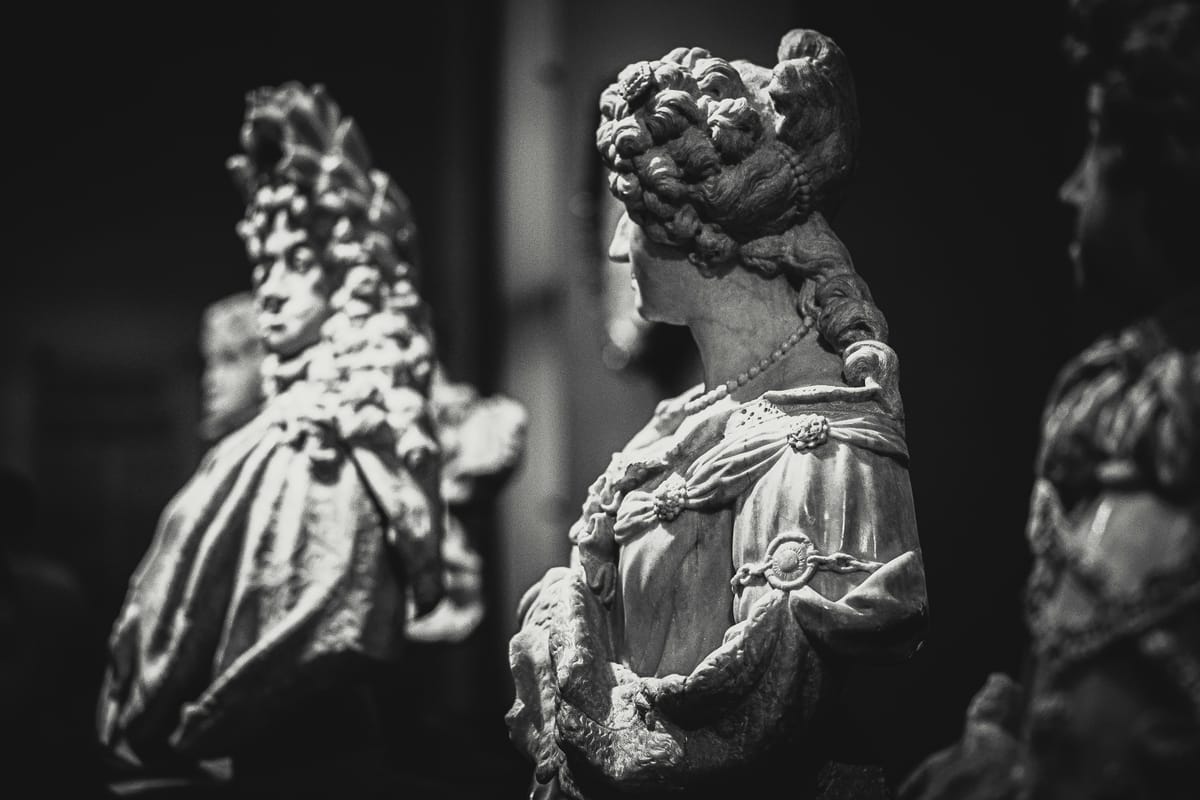"Virtue would go far if vanity did not keep it company." - Francois de La Rochefoucauld
In an era defined by curated social media personas and performative activism, the timeless observation of 17th-century French philosopher François de La Rochefoucauld—"Virtue would go far if vanity did not keep it company"—rings with unsettling relevance

In an era defined by curated social media personas and performative activism, the timeless observation of 17th-century French philosopher François de La Rochefoucauld—"Virtue would go far if vanity did not keep it company"—rings with unsettling relevance. This paradox plays out daily in boardrooms, political campaigns, and charity galas, where noble intentions often arrive draped in the gilded robes of self-congratulation.
Consider last week’s widely publicized "EarthServe Summit," where billionaire tech mogul Adrian Vance pledged $50 million to rainforest conservation. While environmental scientists celebrated the unprecedented funding, critics noted the simultaneous rollout of Vance’s memoir Philanthropy Disrupted and a 30-city media tour featuring the donation as its centerpiece. "We’re drowning in ‘virtue signaling’ masked as altruism," argued Dr. Lila Chen, author of The Altruism Paradox. "When every charitable act comes with a branding campaign, we must question whether the primary beneficiary is the cause or the benefactor’s image."
Yet researchers at Stanford’s Ethics in Action Lab suggest this vanity-virtue entanglement might have evolutionary roots. Their 2023 study demonstrated that public recognition triggers dopamine spikes similar to those experienced during acts of genuine kindness, creating neurological reinforcement for socially visible benevolence. "We’re wired to seek status," explains lead researcher Dr. Elias Grant. "Historically, being perceived as virtuous increased tribal standing and mating opportunities. Modern philanthropy often leverages these ancient drivers."
The phenomenon extends beyond individual actors. Corporations increasingly deploy "social responsibility" initiatives with meticulous PR strategies—fast-fashion brands launching eco-collections while underpaying garment workers, or oil companies funding climate scholarships amid record fossil fuel expansion. "It’s not inherently evil," acknowledges UN Sustainability Advisor Mariam Diallo. "These initiatives do fund real progress. But accountability dissolves when the marketing budget eclipses the actual investment in change."
Surprisingly, some psychologists propose embracing this duality. Cognitive behavioral therapist Dr. Rajiv Mehta notes, "Patients who begin volunteering for Instagram credibility often develop authentic connections to causes. The vanity door opens, but virtue walks through." His clinic runs "Ego to Eco" workshops harnessing status-seeking urges to cultivate lasting ethical habits—a modern echo of La Rochefoucauld’s observation about humanity’s complex motivations.
As society grapples with climate emergencies and inequality, this tension between purity and pragmatism grows urgent. When wildfires ravaged Greece last August, shipping tycoon Dimitra Kouris personally funded evacuation helicopters—then insisted every aircraft bear her company’s logo. "Was it vanity?" she later told reporters. "Perhaps. But does that make the 8,000 rescued lives less real?"
The philosopher’s maxim endures not as condemnation but as a mirror to our tangled humanity. In a world on fire, must we demand saintly motives—or simply welcome the water, regardless of who carries the bucket? The answer, it seems, depends on whether we measure virtue by the hand that gives, or the hands that receive.


